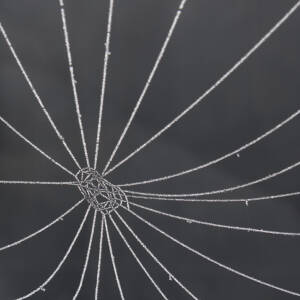Armistice Day
The clue is in the name: armi = weapons; stice = to still. Or, in English, 'ceasefire'. (I'm going to use the English not the Latin for the rest of this.)
The first world war Ceasefire Agreement was signed by the Allies and Germany at 5.45am on 11 November 1918 to take effect at 11am. The first Ceasefire Day celebration was held the following year on 11 November in London. It included thankfulness for the return to peace and, as almost everyone still alive knew someone who had died in that war and very many people were grieving, it also included a two-minute silence to remember your son, or husband, or brother or dad or friend.
Over the years the name and the focus of the day has changed. It's interesting to ask ourselves why.
From 1939, the first year of the second world war, Britain moved the two-minute silence to the Sunday nearest to 11 November. Why? So as not to interfere with wartime production should 11 November fall on a weekday. (Production of what, exactly?) The name was changed from Ceasefire Day to Remembrance Sunday. Clever. Those still grieving their husband, brother, dad or friend could remember them without really registering that the name change weakened the link with peace. That can't have been an accident. There were strong reasons between 1939 and 1945 for valuing peace less and many other countries also changed the name of the day.
In 1954 the USA renamed their day 'Veterans Day'. I can't imagine the arms industries objected. A day celebrating veterans rather than ceasefire is inevitably celebrating what the armed forces do.
Since then the day has become increasingly nationalistic (see recent extra here - an irony, given that 'nations' are usually the rationalisation for war) and performative:
- the wearing of poppies (or not) generates conflict between people and
- observing two minutes silence (or not) has become a reason for judging people. I don't like it being imposed on me and in all my years of failing to avoid it, it has meant something to me only once.
This year in particular political possessiveness over Ceasefire Day has created antagonisms, with the Tory Home Secretary calling yesterday's anti-genocide demonstration a "hate march" and accusing the police of being tougher on rightwing groups than on "pro-Palestinian mobs".
When I went to London on Wednesday I planned to go on yesterday's march. Things got in the way so instead I hoped for a day of peace. Then at 11am music, probably the most international language of all, was interrupted for a chaplain to say:
They shall grow not old, as we that are left grow old:
Age shall not weary them, nor the years condemn.
At the going down of the sun and in the morning
We will remember them.
Well, OK, as long as 'them' means 'everyone' but the first verse of that well-known poem makes clear that they are 'England's dead'. He then prayed for those 'who have died for their country (those 'nations' again), those who mourn them and those who strive for peace.
No prayer for peace, though.
In front of him were four musicians who had been playing in harmony but who were now silenced. The four came from Venice (not on 'our' side in the second world war), Barcelona (some powerful nationalism there), Budapest (a pawn in post-war power struggles) and Leicester (the city in England with the lowest percentage of white people of any city in the UK). What a fruitful source of reflection that could have been instead of dirging the weary, wearing platitudes.
But Ceasefire Day has turned into a day to toe the line, silence the brain, close the eyes and think of England. Exactly the opposite of what could bring us all peace if we really wanted it.

Comments
Sign in or get an account to comment.


